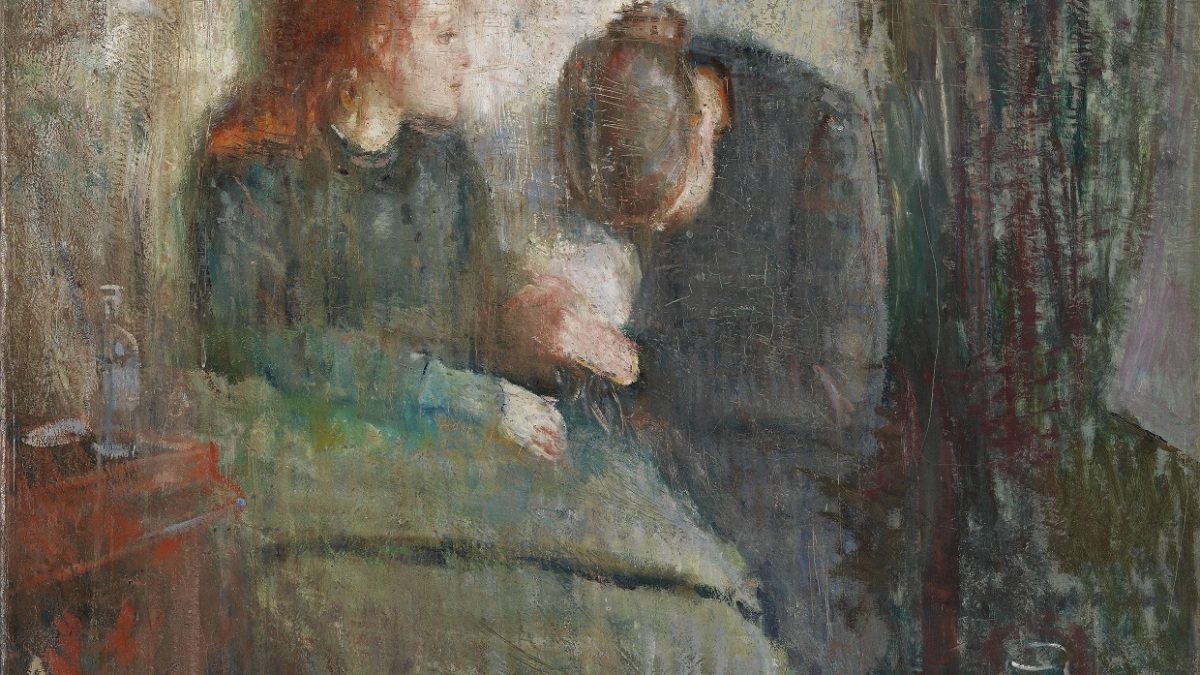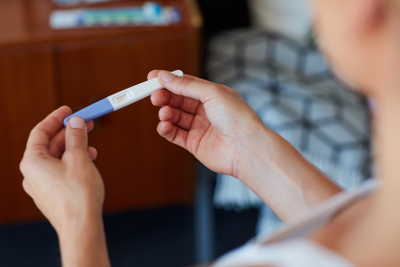Tips til undervisningen
Snakk sammen
Stikkord til diskusjonen: ha energi og overskudd, ikke være syk, føle velvære, fysisk kontra psykisk helse, bruk av medisiner, kroniske sykdommer, forebygging, livsstil, kosthold, trening, alkoholvaner, tobakk, informasjon, tannhelse, smittevern, økonomiens betydning for valgmulighetene, påkledning, forkjølelse
Snakk sammen om deltakernes forventninger til legebesøk, hva de er vant til fra tidligere og hva de kan forvente i Norge.
Snakk om kunstverket


Tips til undervisninga
Snakk saman
Stikkord til diskusjonen: ha energi og overskot, ikkje vere sjuk, kjenne velvære, fysisk kontra psykisk helse, medisinbruk, kroniske sjukdomar, førebygging, livsstil, kosthald, trening, alkoholvanar, tobakk, informasjon, tannhelse, smittevern, kva økonomi har å seie for ein person sine valmoglegheiter, påklednad, forkjøling
Snakk saman om kva deltakarane ventar seg av eit legebesøk, kva dei er vane med frå før og kva dei kan vente i Noreg.
Snakk om kunstverket







